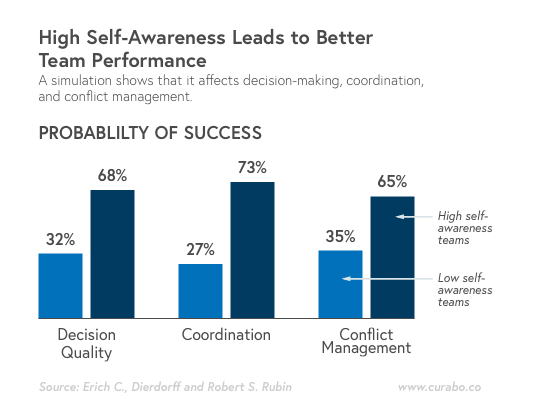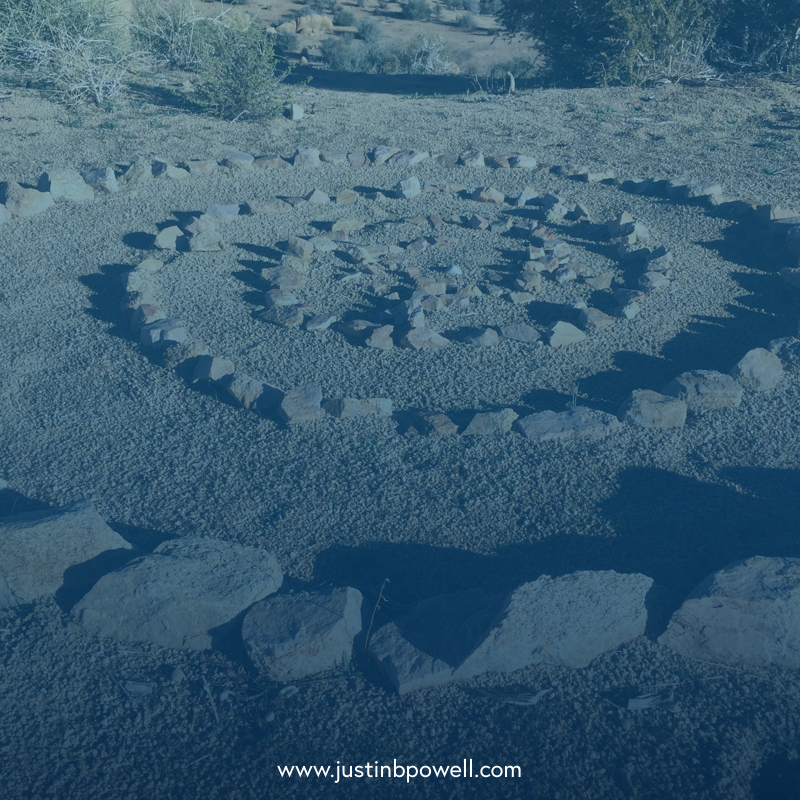Self-awareness has become a trendy issue in business with many books, articles, and videos being created to help leaders navigate this complex issue. To further complicate matters, how do we know when we are self-aware or self-deceived?
I read a study where a control group of 50 leaders who had proven signs of growth in self-awareness was compared to 5,000 additional participants who believed they were self-aware. After interviewing the 5,000 people, researchers discovered that only 500-750 people fit the criteria of true self-awareness. Meaning, close to 4500 people could be qualified as self-deceived.
Here’s the point: Growing in self-awareness requires intentional and constant effort.
Here’s why you should care about self-awareness: When leaders and teams are self-aware they are more successful, create healthier relationships which lead to less turnover, can navigate complex change and conflict more effectively, and know what ‘giving their best’ looks like.
Have you ever considered the compounding impact of self-awareness on teams? Check out this chart:

In the article where this chart originally appears, the authors share even more thoughts on the impact of self-awareness (or the lack of) on teams. I would encourage you to take a look at it.
There are many tools a leader can use to increase personal and collective self-awareness. The Enneagram, Disc, StrengthsFinder, etc…but the key to effective growth is to do the work in community and gain external feedback. Without external input, leaders run the risk of increasing self-deception…which would be an unfortunate result of a good intention.
Contact me if you’d like to discover ways you and your team can grow in self-awareness using the StrengthsFinder or culture assessment tools.


